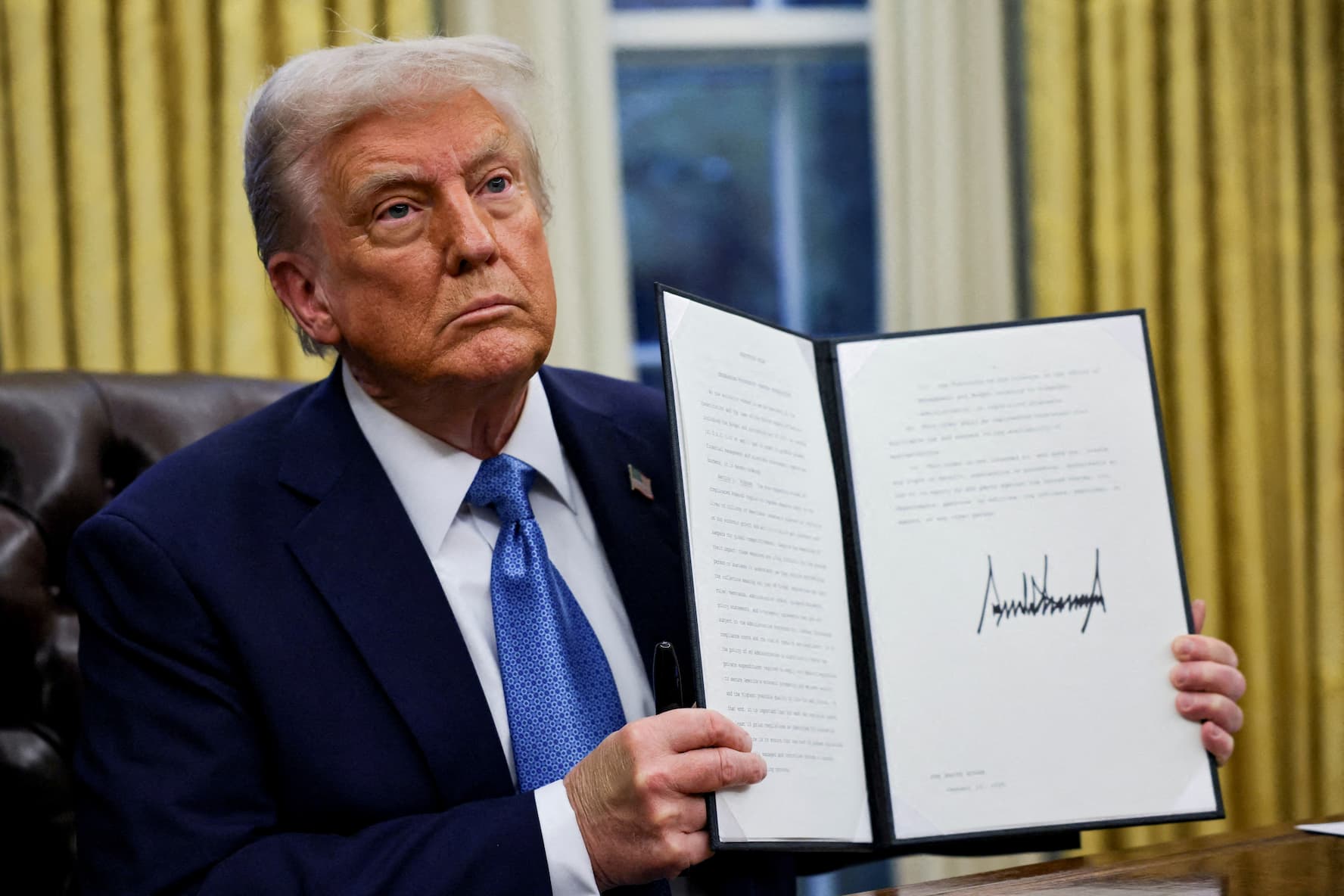- cross-posted to:
- [email protected]
- [email protected]
- cross-posted to:
- [email protected]
- [email protected]
In summary:
- Media: Some major media outlets have been slow to respond, with scoops coming from unexpected sources. The Washington Post may be hampered by its owner’s potential conflicts, and The New York Times is criticized for downplaying the gravity of the news.
- Academia: Academic institutions have been largely silent, though individual academics have raised concerns. There’s a call for coordinated public pronouncements from university leadership, especially from law and medical schools, and for professional associations to sanction members in defense of the public sphere.
- Business: Business leaders have a history of misjudging the dangers of autocratic leaders and have been truckling to the new administration, possibly out of fear of reprisals. However, they may awaken to the economic dangers of executive overreach.
- Mass Mobilization: Mass mobilization is underway, but efforts may struggle if elites underplay the magnitude of the moment. Religious organizations have a role to play in combating Christian nationalism. Public opposition is smaller than it was during the first Trump administration.
- Coordination: Across all sectors of civil society, coordination is key, as individual objections do not carry the weight of joint action. Resistance to authoritarianism is a collective endeavor.
You must log in or register to comment.
deleted by creator
deleted by creator


